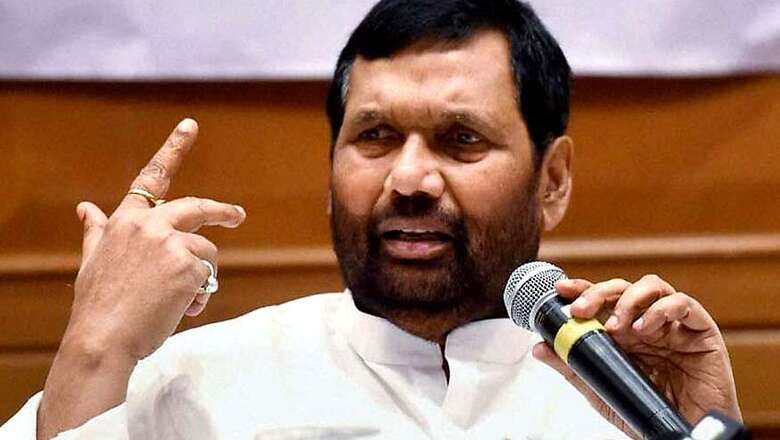
views
New Delhi: In a strange turn of events, the official residence of Union Consumer Affairs Minister Ram Vilas Paswan, situated at New Delhi's 12, Janpath, has failed the test for drinking water purity.
An affidavit filed by the Bureau of Indian Standards (BIS) in Supreme Court stated that Paswan's residence failed the test on three of the of 47 parameters used to test piped water's quality.
The test was conducted by a laboratory certified by the National Accreditation Board following a directive by the apex court last month. A bench headed by Justice Arun Mishra had asked the BIS to carry out random checking and submit its report.
The affidavit, filed through advocate Vipin Nair, submitted its report after checking 11 samples, including the one at Paswan's official residence and also of his MP son, Chirag Paswan.
The BIS report said that all 11 drinking water samples drawn from Delhi, including the one from Paswan's residence, were found to be non-conforming on one or the other requirements. Each sample drawn was of about 100 litres.
Other 10 samples were collected from Burari, Krishi Bhawan, Mandoli extension, Pitampura, Ashok Nagar, Baba Colony, Burari, Surat Vihar, Mukund Pur, Seema Puri, Karawal Nagar and Janta Vihar of national capital.
The drinking water in Paswan's house was found to be lacking in three parameters as it contained odour, aluminium and coliform.
The water at Delhi's Krishi Bhawan, which houses offices of a number of ministries and government departments, also failed in the ISO test as the building did not comply with seven of the 47 parameters.
In the hearing today, the BIS maintained that the chief reason for the non-conforming water samples were leakages in the pipes.
"Most of the smallest areas are afflicted with Coliform contamination, which occurs when faecal matter gets mixed with treated water that in turn is supplied to end-use consumers," said BIS.
The bench took note of the submissions by BIS and ordered another joint inspection with the Central Pollution Control Board (CPCB) and the Delhi Jal Board (DJB). It also asked the BIS to suggest measures to improve water purity as well as file reports from other cities.
In the first phase, the samples of drinking water were drawn from various locations across Delhi and 20 other capital cities of states. They were drawn from different locations from piped water being supplied by city municipality/corporation/water board and local bodies at the consumer's end and sent for testing to the designated labs through couriers, the BIS report said.
It added that the samples were sent for testing as per IS 10500:2012 (specification for drinking water) at National Accreditation Board-accredited labs.
"Samples were sent for testing against 47 out of 48 parameters (excluding radiological test). These covered organoleptic and physical test, chemical tests, toxic substance, bacteriological, virological and biological tests," it said.
In its finding, the report added, "It was found that all the drinking water samples drawn from Delhi were non-conforming in one or more requirements as per IS 10500: 2012 (specification of drinking water)."
Last November, the Supreme Court had issued notices to all states seeking various details, including on air quality index (AQI), managing air quality and disposing of garbage. It had taken suo motu (on its own) cognisance of the controversy regarding supply of alleged unsafe drinking water in the national capital and said it is the duty of the state to provide drinkable water to the citizens.
The bench had also criticised the Centre and Delhi government for "politicising" the issue of water pollution and said they cannot indulge in this "blame game" as people would suffer.
The bench said six cities, out of which three are in Uttar Pradesh, are more polluted than Delhi and issues like air quality, safe drinking water and garbage disposal was virtually affecting every part of the country.
(With inputs from PTI)












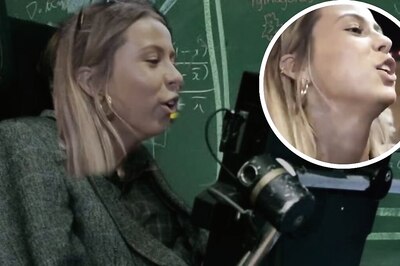

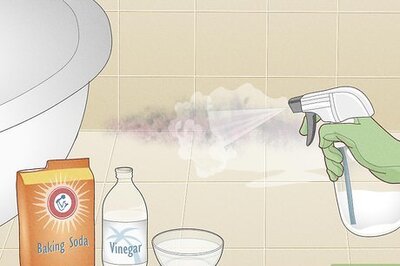
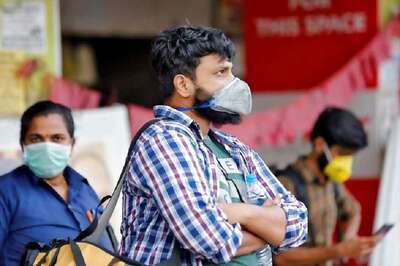


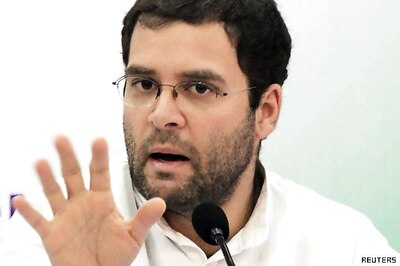
Comments
0 comment